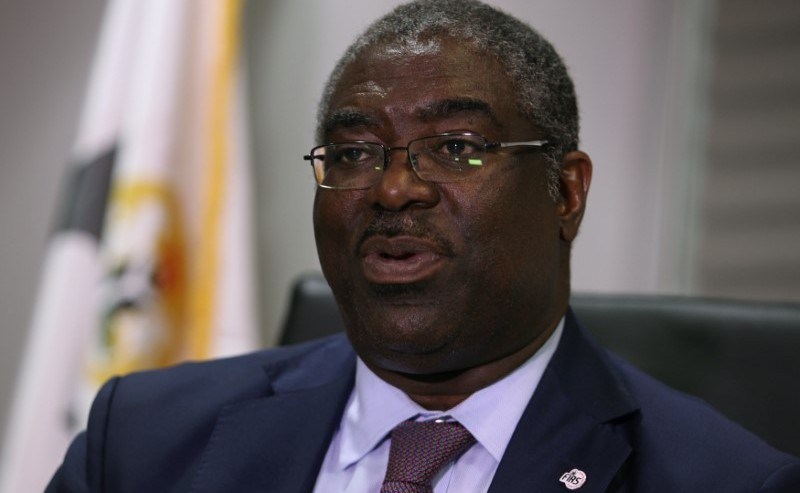- FIRS Plans to Recover N750bn from 55,000 Millionaires
The Federal Inland Revenue Service (FIRS) has announced plans to recover about N750 billion from 55,000 millionaire tax debtors in 2019.
Mr Tunde Fowler, Executive Chairman, FIRS, disclosed this in Abuja while addressing the House of Representatives joint committees on Finance, Appropriations, Aid, Loans and Debt Management, Legislative Budget and Research and National Planning and Economic Development on the 2019/2021 Medium Term Expenditure Framework and Fiscal Strategy Paper.
The Chairman explained that the recent substitution exercise carried out by the FIRS had led to the recovery of N23.25 billion.
He said, “From the bank accounts substitution exercise, we used banking information to bring non-compliant taxpayers with N1bn and above turnover to comply. It has so far resulted in the recovery of N23.35bn.
“The exercise has been extended to cover those with a turnover of N100m and above.
“To date about 500 of them have come forward and they have paid and we have collected in the region of about N24bn. We believe we should be able to go through the 55,000 before the middle of this year.
“In terms of estimates, which we should be able to generate from this exercise alone, that will be about N750bn.”
Fowler noted that the Service recorded an increase in Value Added Tax collection in the last four years, adding that FIRS was expanding its VAT collection strategy with the adoption of States Accountants-General collection platform among other initiatives.
He said, “Out of about N5.3tn, a large percentage is shared between states and local governments. In VAT, there has been a growth of over 44 per cent between 2015 and 2018 and that is at the current rate of five per cent.
“Now, when you look at Africa as a continent, Nigeria still has the lowest VAT rate. When we look at the items that are not VATable, basic food is not VATable, medicals, education.
“But if you decide and you have the ability to go to a restaurant to eat and drink the same thing you can buy in the open market, then you pay VAT.
“So, VAT basically is a consumption tax and those who choose not to go to the open market to buy their food and cook at home are subject to VAT.
“VAT is not a hardship on the low-income earners because, normally, they don’t even go to hotels when their wives can cook at home and they can have something very nice.”
“Eighty-five per cent of VAT goes to state governments, which are supposed to be closer to the people.
“They can use that money as approved by their state houses of assembly. We had an increase of about 32 per cent from N4.02tn in 2017 to N5.3tn in 2018.
“At the federal level, clearly we can see all the projects that are being completed, based on the available funds at the federal level,” he said.
He added that the expectations of Nigerians could not be different if progress in VAT collection was sustained.




 Forex2 weeks ago
Forex2 weeks ago




 Naira1 week ago
Naira1 week ago
 Naira4 weeks ago
Naira4 weeks ago
 Company News4 weeks ago
Company News4 weeks ago




 Naira1 week ago
Naira1 week ago
 Billionaire Watch1 week ago
Billionaire Watch1 week ago




 Naira3 weeks ago
Naira3 weeks ago




 Naira7 days ago
Naira7 days ago

















